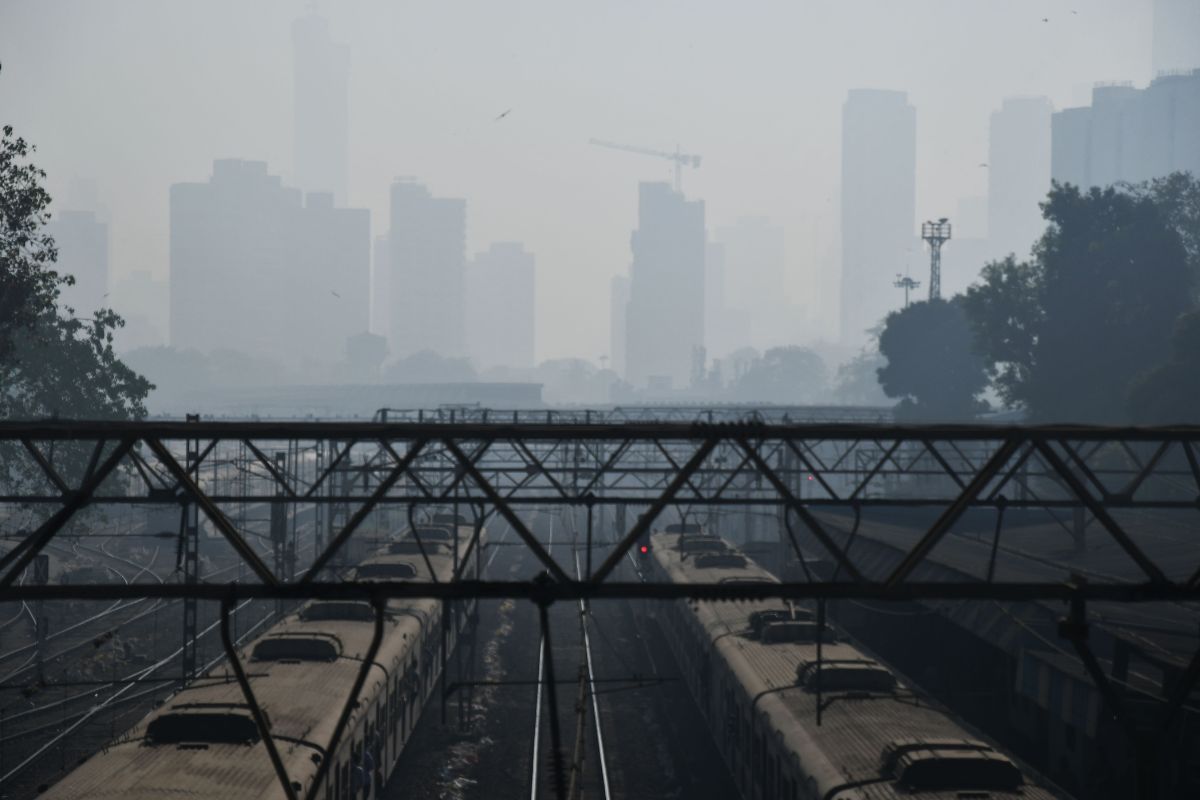The Central government will strengthen the safety and security of rail passengers with an investment of Rs 45,000 crore. The amount will be spent over the next five years for the renovation of the railway tracks to the repair of the signal system so that safe operation of trains can be ensured and railway passengers do not have to lose their lives in accidents.
A senior Railway Board official said under the Rashtriya Rail Sanraksha Kosh (RRSK), the government has allocated Rs 45,000 crore for the next five years. Under this, Railways has prepared an action plan of Rs 11,000 crore for the financial years 2022-23 and 2023-24.
Advertisement
While there is a plan to spend the remaining amount by 2025-26, the official said that 90 per cent of train accidents on the railways happen due to collision and derailment of the train from the railway track and railway crossing.
That’s why work is being done on a priority basis for the renovation of the railway track, modernization of the signal system, and construction of road over bridge (ROB) and road underpass (RUB) and subways at railway crossings under RRSK head. Apart from this, arrangements are being made for the repair of rail bridges, electrification, anti-collision equipment armor, foot-over bridge, new design coaches, etc.
It may be noted that in the General Budget 2017-18, the government announced RRSK. Under this, one lakh crore rupees were to be spent on strengthening railway safety in five years. The central government was to allocate Rs 15,000 crore every year and Rs 5,000 crore from Railways’ internal resources (a total of Rs 20,000 crore every year) for RRSK. Railways could neither allocate its share of money in the said item in the last five years nor could it spend the entire money allocated.











